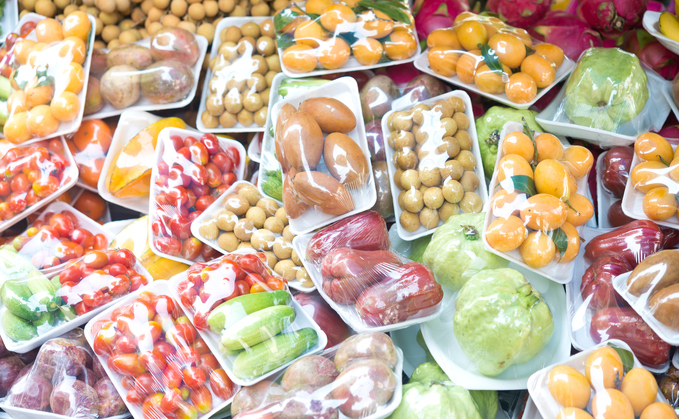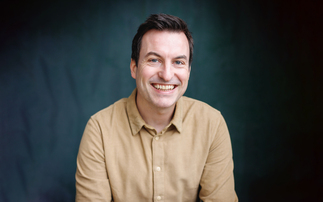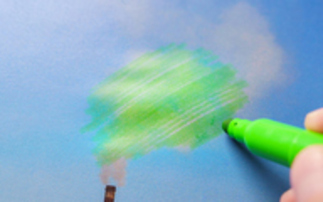
Will there ever be a tangible solution to the plastic packaging debate?
The idea of only using sustainable packaging – eliminating waste, low carbon footprint, recyclable or compostable - seems easy enough, yet the reality for many businesses is more complex and dependent on the industry they work in
Images on social media of sea creatures wrapped in plastic has had a huge impact on the public perception of plastic packaging in recent years. Between four million and 12 million metric tons of plastic enters the oceans each year, threatening marine life and polluting our food.
A lot of plastic is produced from fossil fuels. These contribute to climate change, which is now a central concern for governments, businesses, and consumers alike. For some, plastic waste has become a shorthand for the way we mistreat our environment and the need for sustainable packaging has never been clearer.
Yet plastic packaging is ubiquitous because it is useful, not to say crucial in many applications.
The plastic choice
Packaging protects products while they are being transported and stored; it is a promotional tool; it lengthens the life of products with excellent barrier properties and cuts down on waste, as well as helping to transport fragile products such as medicines and medical products - which has never been more important than during the Covid-19 pandemic.
"So, how do you decide what is more important in the climate crisis?" asks Thomas Kahl, EcoSolutions project manager at packaging and paper company Mondi. "Reducing food waste, making precious medicines available to people in remote places, or indeed removing the use of plastic packaging?"
Just to add to the confusion, it is not always clear what type of packaging is most sustainable. It depends where the raw materials come from and how they are sourced, what the packaging is used for, how recyclable it is and a host of other variables. As replacements, paper, glass and metals all have their uses for different products, but each also have different environmental impacts.
Reducing waste
Mondi believes that paper should always be the first option as a replacement to plastic - it is light-weight compared to other alternative materials like glass or metal, renewable, easily recyclable, and compostable. Responsibly managed forests also provide a host of environmental benefits, including capturing carbon. "Some 80 per cent of our business is fibre-based so we consider sustainability across the entire value chain, from how we manage our forests, to producing pulp, paper, plastic films to developing and manufacturing industrial and consumer packaging," Kahl says.
"When it comes to paper, the high recycling rates, 72 per cent for paper in Europe, make it an effective way to manage waste and ensure circularity," he continues. "End-consumers perceive the material as kinder to the environment, and know how to dispose of paper correctly, making it possible to manage and collect far more material than other alternatives. This has increased demand and the appeal of paper packaging on shelves."
But it is also clear that sometimes only plastic will do, with its distinct advantages and functionality. That includes packaging to keep coronavirus tests sterile and to keep food fresh. Some of these products can be replaced by fibre alternatives - food trays, for example - or rigid plastic can be replaced by a flexible alternative, which can save up to 70 per cent of the material needed.
It is essential that the plastic we do consume is produced, used and disposed of as sustainably as possible. Mondi has made its own ambitious commitment to focus on 100 per cent of its products to be reusable, recyclable or compostable by 2025 and understands that part of the solution lies in a broader systemic change.
A number of initiatives including CEFLEX, the Sustainable Packaging Coalition and the New Plastics Economy Global Commitment, are helping to define better options for businesses across the board, he notes.
"To make the best sustainable packaging choices, you need to take a holistic approach that considers the entire value chain," Kahl says. "We focus on being sustainable by design, thinking not just about materials but taking a broad approach of sustainable systems and circular economies."
This article is sponsored by Mondi.






